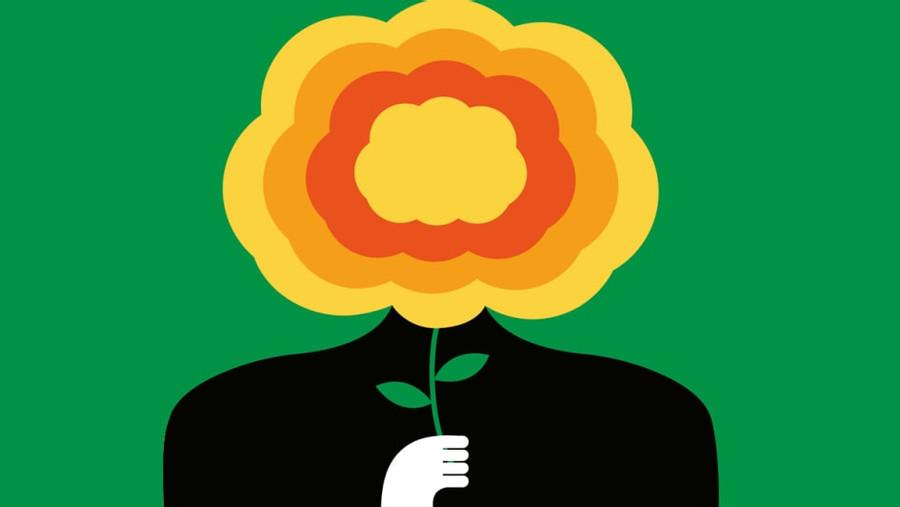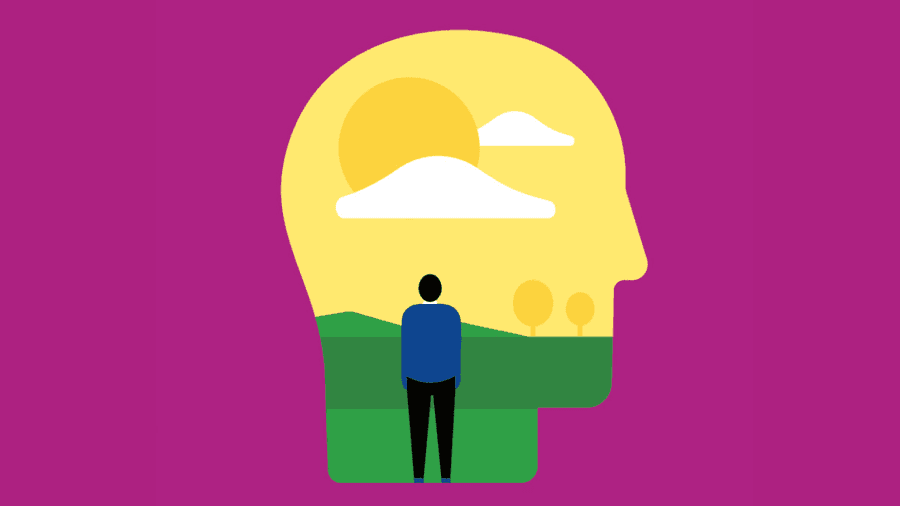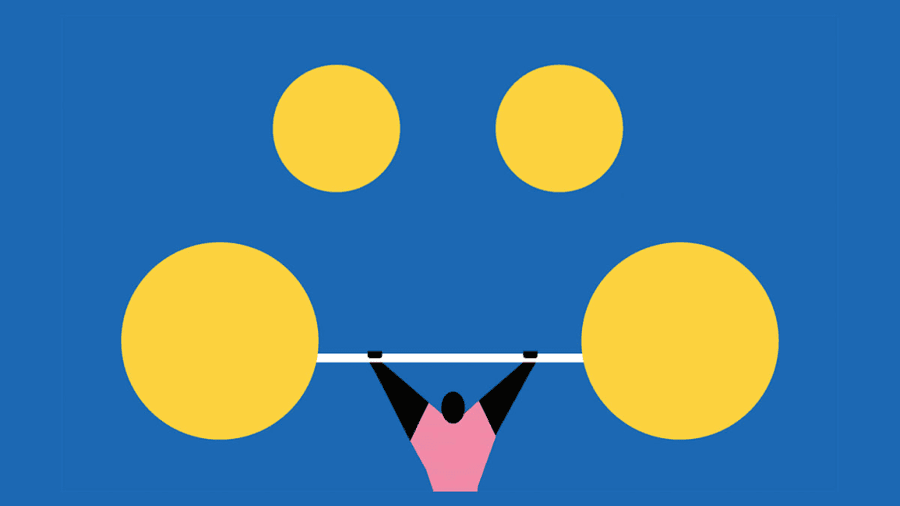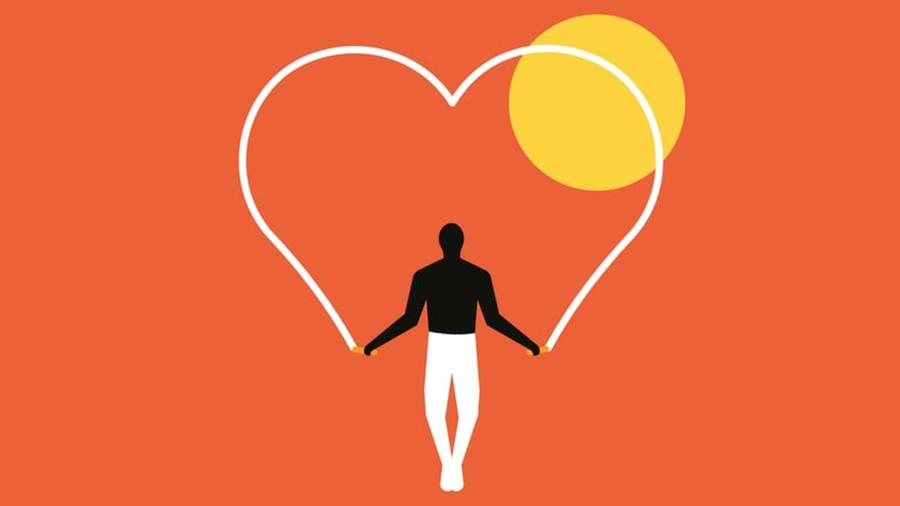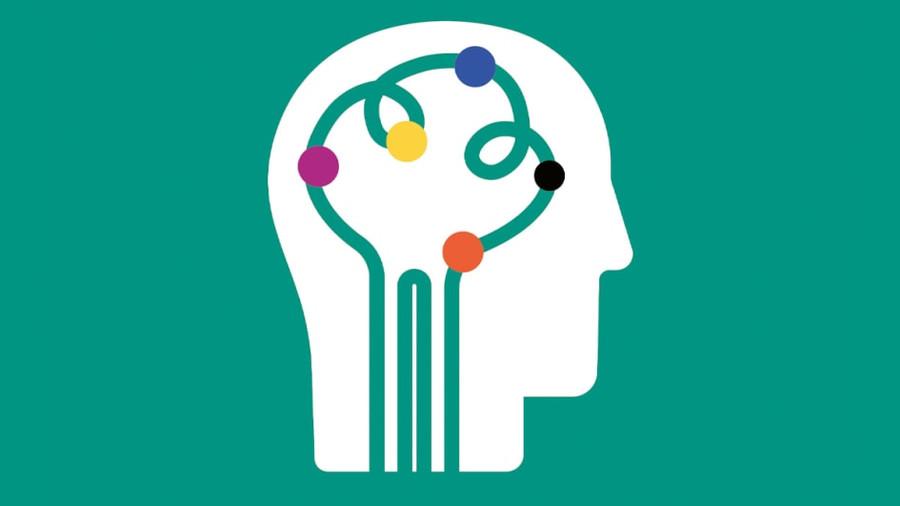Explore the World's Best Ideas
Join today and uncover 100+ curated journeys from 50+ topics. Unlock access to our mobile app with extensive features.
Increasing your brain power
Lifestyle steps may reduce brain disease risks and help to keep your brain and memories sharp.
A major 2020 report suggests 12 factors within our control are responsible for up to 40 percent of dementia cases, such as smoking, poor fitness and obesity. Another study found it's never too late to make key lifestyle changes to see brain benefits.
21
253 reads
5 Brain health tactics
Keeping an eye on your overall health is key for brain health.
- Watch these health numbers. Monitor and manage your blood pressure, cholesterol, and blood sugar levels. Diseases like hypertension and type 2 diabetes damage small blood vessels in the brain and affect thinking and memory.
- If you often have difficulty following a group conversation, go for a hearing exam.
- Get good sleep. When you're asleep, your brain goes into housekeeping mode and cleans out toxins.
- Have your meds reviewed at least once a year.
- Depression and chronic anxiety may make people more vulnerable to dementia as they age.
24
213 reads
4 Things that are hard on your brain
- Smoking: Current smokers are 34 percent more likely to develop dementia in later life.
- Junk food. Highly processed foods and those high in saturated fat, like red meat and full-fat dairy increase inflammation in the body, including your brain.
- Too much alcohol. Research shows that heavy drinking can kill brain neurons and accelerate memory loss.
- Air pollution may be toxic to nerve cells. Consider restricting outdoor activites in low quality air, avoid high-taffic areas while exercising and keep rooms wellventilated at home.
23
183 reads
Eat for brain strength
Consume a mix of nutrient-packed foods, not one superfood.
- Choose flavonoids. A half-serving of apples, berries and pears may curb inflammation and cell damage.
- Be careful with supplements as they may contain unapproved drugs.
- Dark leafy greens may delay age-related cognitive decline.
- Consider the Big 3. Meals that are 1/2 produce, 1/4 lean protein, and 1/4 whole grain with some fat.
- Drinking 2 to 3 cups of coffee plus the same amount of tea daily can reduce dementia and stroke by 30 percent.
- 2 -3 weekly servings of fatty fish like salmon, tuna, and sardines may lower the chance of dementia.
28
211 reads
Beating brain fog
Fuzzy thinking and poor focus can be caused by anything from a sluggish thyroid to a vitamin 12 deficiency, or after recovery from COVID-19.
If you suspect your cognitive fogginess is related to coronavirus, consider a neuropsychological evaluation at a post-COVID-19 recovery clinic. You may be a candidate for cognitive rehabilitation therapy to improve your memory.
21
190 reads
Exercise
Regular aerobic exercise boosts blood flow to your brain.
- Adults should get 150 weekly minutes of moderately intense exercise, such as 30 minutes of brisk walking five times a week.
- Consider Yoga or Tai Chi. The unfamiliar moves can help your brain create new neural pathways.
- Take a dance lesson. A study showed that older adults who danced several times a week showed less loss of the brain's white matter.
- Lift some weights twice weekly for 30 to 45 minutes to help the brain's hippocampus from shrinking with age.
25
170 reads
Keep your brain engaged
- Make Learning a Lifelong Pursuit. Trying new activities and building new skills throughout life may also help to reduce the risk of cognitive decline.
- Retire a little later. A study suggested that working until age 67 or later may offer a buffer against age-related cognitive problems.
- Focus on simple acts. Everyday activities like letter writing, reading, playing board games, mowing the lawn or doing laundry may be good for the brain, a 2021 study shows.
- Hang out with friends.
- Practising relaxation like meditation may help curb brain problems.
25
168 reads
More than forgetfulness
It's normal to occasionally misplace something. However, see a doctor if you notice that you have a regular pattern of one or more of the following:
- Asking the same question repeatedly, especially with behaviour changes.
- Mixing up words, such as saying “radio” instead of “TV.”
- Placing items in inappropriate places, like car keys in the fridge.
- Getting lost while driving to places you know well.
- Experiencing mood changes for no apparent reason.
22
161 reads
IDEAS CURATED BY
"The pessimist complains about the wind. The optimist expects it to change. The leader adjusts the sails.”- John Maxwell
Valentina M.'s ideas are part of this journey:
Learn more about health with this collection
The importance of physical activity
The role of genetics in lifespan
How to maintain a healthy diet
Related collections
Similar ideas
5 ideas
Your Sunscreen Safety Questions, Answered
consumerreports.org
5 ideas
Handling Offline Mode in React Native
around25.com
2 ideas
PostgreSQL - How to Configure Slow Query Log
postgresql.org
Read & Learn
20x Faster
without
deepstash
with
deepstash
with
deepstash
Personalized microlearning
—
100+ Learning Journeys
—
Access to 200,000+ ideas
—
Access to the mobile app
—
Unlimited idea saving
—
—
Unlimited history
—
—
Unlimited listening to ideas
—
—
Downloading & offline access
—
—
Supercharge your mind with one idea per day
Enter your email and spend 1 minute every day to learn something new.
I agree to receive email updates

